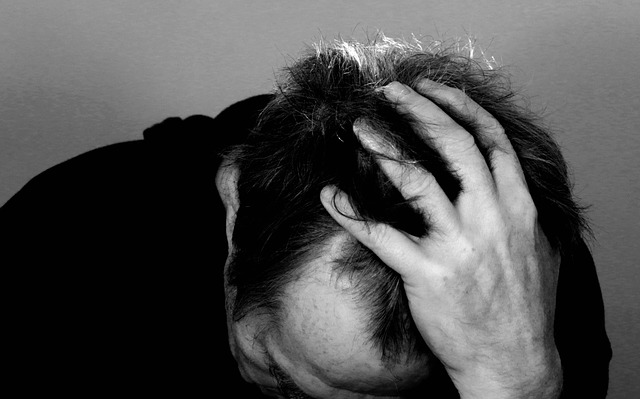What is an involuntary bankruptcy?
An involuntary bankruptcy is a type of bankruptcy filing that is initiated by creditors of an individual or business, rather than by the debtor. In other words, the debtor does not voluntarily file for bankruptcy, but rather is forced into bankruptcy by their creditors.
In an involuntary bankruptcy, the creditors must file a petition with the bankruptcy court, alleging that the debtor is unable to pay their debts as they become due. The court will then review the petition and determine whether or not to allow the involuntary bankruptcy to proceed.
If the involuntary bankruptcy is allowed to proceed, the debtor will be required to follow the same bankruptcy process as in a voluntary bankruptcy. This includes filing schedules of assets and liabilities, attending meetings with creditors, and potentially having some of their debts discharged.
Involuntary bankruptcies are relatively rare in Utah and are typically only used in situations where creditors believe that the debtor is purposely avoiding their obligations or engaging in fraudulent behavior. However, if the debtor is able to show that they are able to pay their debts, the court may dismiss the involuntary bankruptcy petition.
How do I defend a involuntary bankruptcy?
If you have been subjected to an involuntary Utah bankruptcy petition filed against you by your creditors, you have the right to challenge the filing. Here are some extremely broad steps (Check with an experienced bankruptcy lawyer near you) you can take to challenge an involuntary bankruptcy:
- Hire an attorney: It is highly recommended to hire an experienced bankruptcy attorney to help you with the process of challenging an involuntary bankruptcy. They will be able to guide you through the legal process and help you build a strong case.
- File a response: You have a limited time to respond to the petition filed against you. If you wish to challenge the involuntary bankruptcy, you must file a response with the bankruptcy court within the allotted timeframe. The response should include your arguments as to why the involuntary bankruptcy should not proceed.
- Attend the hearing: The bankruptcy court will schedule a hearing to review the case. You must attend the hearing and present your arguments as to why the involuntary bankruptcy should not be allowed to proceed. Your attorney can represent you at the hearing and present evidence to support your case.
- Provide evidence: You will need to provide evidence to support your case, such as financial records, proof of payments made to your creditors, and any other relevant information that demonstrates that you are not in default of your obligations.
- Negotiate with creditors: If possible, try to negotiate with your creditors to resolve the issue outside of court. They may be willing to withdraw the involuntary bankruptcy petition if you can come to an agreement on a repayment plan or other arrangement.
Challenging an involuntary bankruptcy in Utah can be a complex and time-consuming process. It is important to work with a skilled bankruptcy attorney who can help you navigate the legal system and build a strong case in your defense.
Why do creditors typically file an involuntary bankruptcy?
Creditors may file an involuntary bankruptcy petition against an individual or business when they believe that the debtor is unable or unwilling to pay their debts. Here are some of the reasons why a creditor may file an involuntary bankruptcy:
- To collect outstanding debts: If a debtor is delinquent on their payments, creditors may file an involuntary bankruptcy petition in an attempt to collect the outstanding debts.
- To force the sale of assets: Creditors may also file an involuntary bankruptcy petition in an attempt to force the debtor to sell assets in order to pay off their debts.
- To prevent the debtor from transferring assets: If a creditor believes that the debtor is attempting to transfer assets in an attempt to avoid paying their debts, they may file an involuntary bankruptcy petition to prevent the transfers from taking place.
- To prevent fraudulent activity: Creditors may file an involuntary bankruptcy petition if they believe that the debtor is engaging in fraudulent activity, such as hiding assets or falsifying financial statements.
- To protect their interests: In some cases, creditors may file an involuntary bankruptcy petition as a way to protect their interests in a situation where the debtor is in financial distress and may not be able to pay their debts. It is important to note that filing an involuntary bankruptcy is not a decision that creditors take lightly. It can be a complex and time-consuming process, and creditors must be able to demonstrate to the court that their actions are justified.
Challenging an involuntary bankruptcy in Utah can be a complex and time-consuming process. It is important to work with a skilled Utah bankruptcy attorney who can help you navigate the legal system and build a strong case in your defense.
